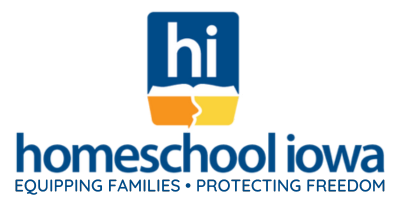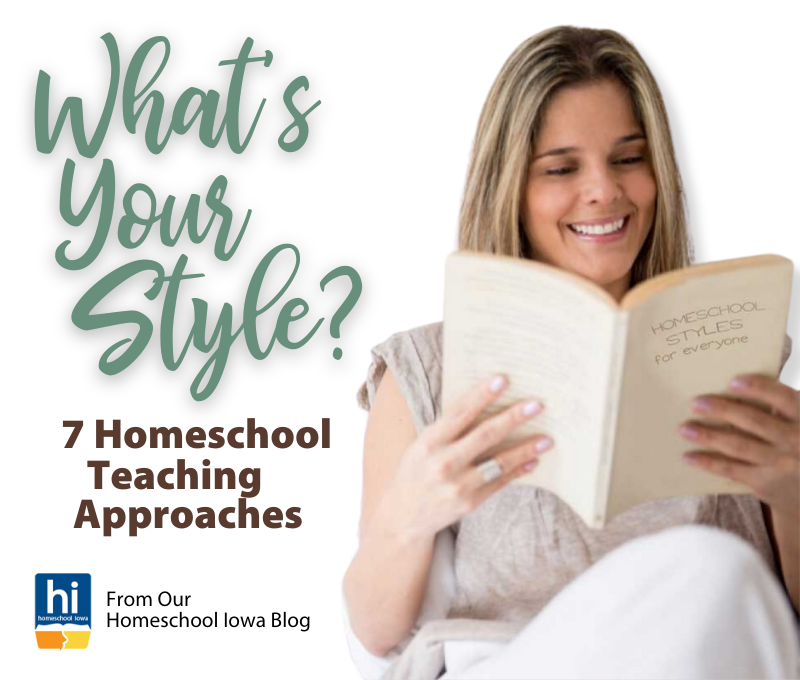STEP #4:
Consider Your Style
Now, Let's Consider Your Style
What are the common homeschool teaching approaches from which you can choose?
Which of these best fits you -- and your child?
A thoughtful look at these options now will help you as you select curriculum.
And when you take the time to consider your style, it can make teaching your child a comfortable, enjoyable experience.
homeschool teaching approaches:
Traditional Textbooks and Workbooks Approach
Online or Correspondence Instruction Approach
Charlotte Mason (Living Books) Approach
Unit Study Approach
Classical Approach
Relaxed or Unschooling Approach
Eclectic Approach
© Homeschool Iowa & Julie Naberhaus adapted from "The ABC's of Homeschooling in Iowa" by Julie Naberhaus
Parents and families
are the first and most important teachers.
If families teach a love of learning,
it can make all the difference in the world
to our children.
~Richard W. Riley, Former U.S. Secretary of Education
Continue to the next step in Getting Started Homeschooling:

